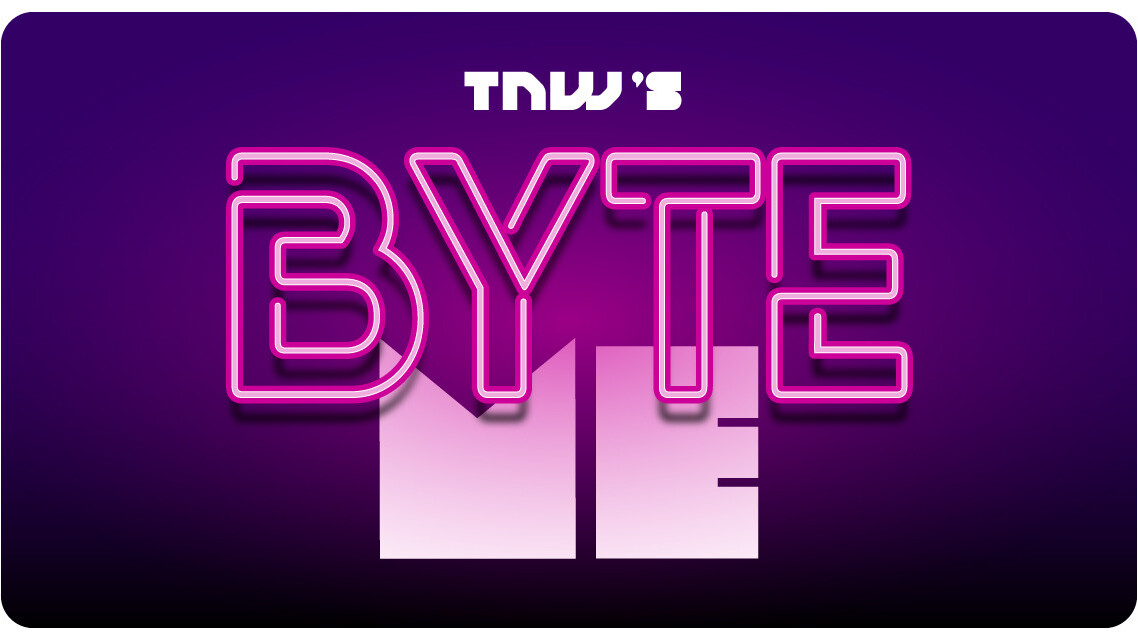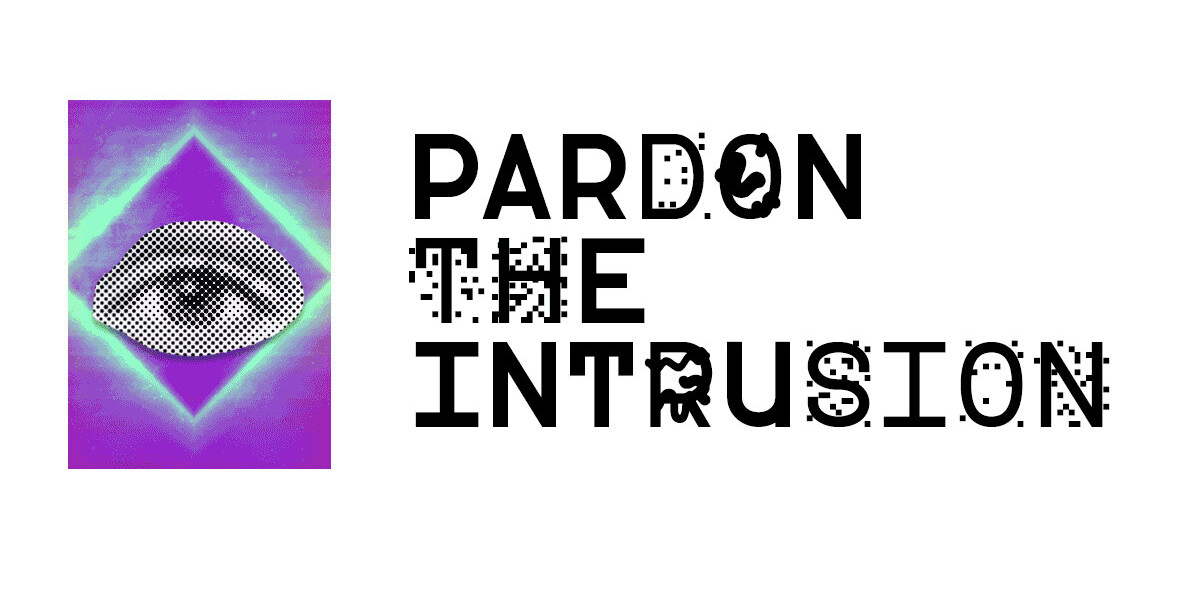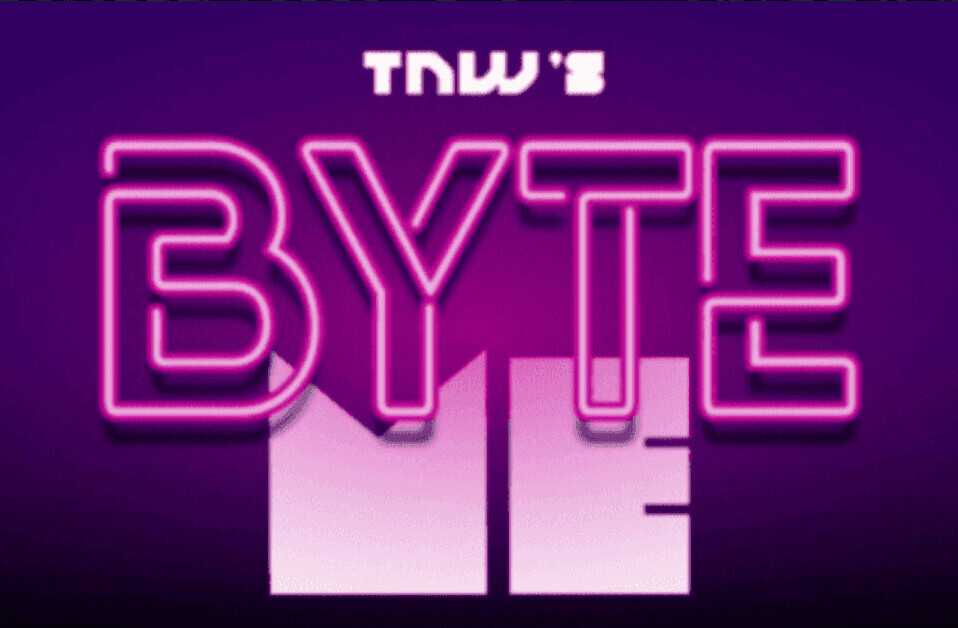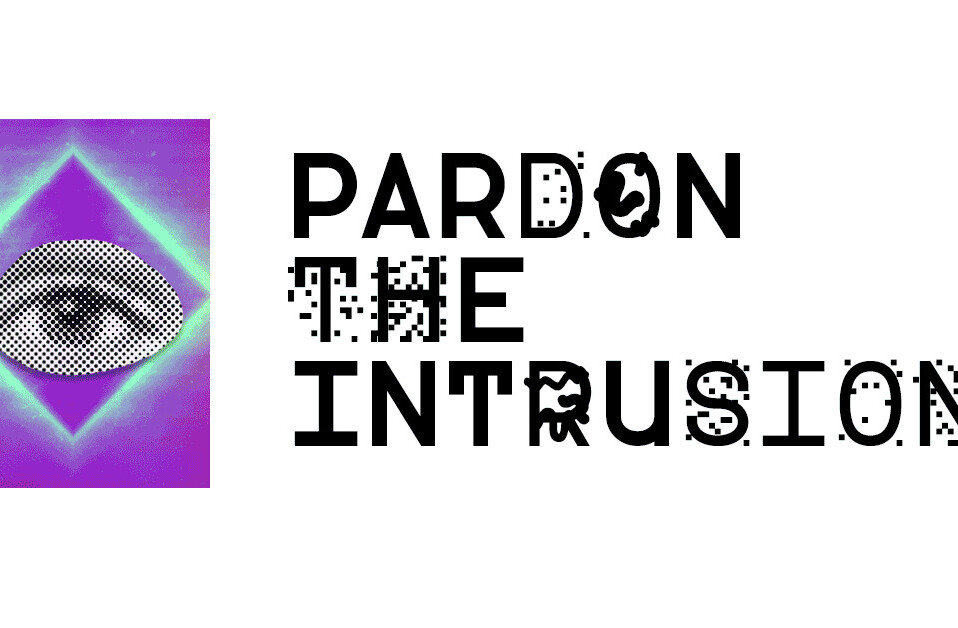
Welcome back to Byte Me, our feminist newsletter that makes everyone mad <3
Let’s face it, the tech industry can be bro-y as hell. So, we’ve made this special game of Bingo for you to play at your workplace — if you have to deal with sexism, you might as well try to make it fun, right?
We hope you, er, don’t win… but if you do, tweet us using #ByteMe and you win the burden of being a woman in tech and our attention!

the bloody news
- According to The Atlantic, even breadwinning wives don’t get equality at home.
- Jessica Valenti wrote about how anti-abortion lawmakers have no idea how women’s bodies work.
These same lawmakers definitely think we pee out of our vaginas.
- Google’s new policy update FINALLY cracks down on misleading anti-abortion ads.
- Samantha Bee had one of the best takedowns of the Senators responsible for the Alabama Abortion Ban: “Alabama lawmakers ‘wouldn’t know a vulva if it bit them’.” (The Guardian)
Today I thought I saw a woman dressed as a handmaid about to jump from a building. I called 911. pic.twitter.com/EIrz6wR0bz
— Casey McCormick (@itsmeCaseyMc) May 21, 2019
- Here’s why Snapchat’s new gender swap feature is problematic for many trans people.
- Our latest Code Word stories:
How the messaging app ‘bthere’ became a sexual assault prevention tool.
How our interactions with voice assistants normalize sexual harassment.
Prepare for a whole series of dudes to give you a lecture on why *actually* this is fine.
“Alexa, why am I alone?”
— Charlotte Jee (@charlottejee) May 23, 2019
- The Guardian reported that women’s brains work better in warmer offices:
I’m not bitter for having to be freezing every minute of my career but If I ever get my own writers room, it will be so hot that the one man in it will be seated by the window, with his head sticking out of it, gasping for air. https://t.co/4zMbtXujhK
— amber ruffin (@ambermruffin) May 22, 2019
- Quartz said Scandinavian men are having #Guytalk about #MeToo.
- Slate explained why Daenerys doesn’t need to be a feminist hero.
- Speaking of Daenerys… Emilia Clarke spoke to The New Yorker on the final episode of Game of Thrones, meeting Beyoncé, and the sad fate of her character.
- Sick of GoT yet? BBC looked into how often women speak in Game of Thrones and surprisingly, it’s about three times less than men. ShOcK.
- The New York Times wrote about how the show Fleabag sold thousands of jumpsuits and made religion sexy.
P.S. We’re obsessed with this show, and if you haven’t watched it yet you should go to jail.
lmao fuck off pic.twitter.com/ESYHETAPlw
— GT (@granitetide) May 22, 2019
- Our President, Rihanna, launched a luxury fashion line under LMVH, but critics are attacking her for the high price. Refinery29 wrote about why that’s fucked up.
- Quartz wrote about the exec behind *that* Gillette ad who says brands have a responsibility to challenge toxic masculinity.
— dany thee resurrected stan matty (@godlycia) May 26, 2019
- Mother Jones wrote about a Dutch doctor that mailed abortion pills to women in the US — now the FDA are after her.
- Longreads wrote a long read on the rise and fall of feminist sports.
Sorry but if you refer to women as “females” I’m just going to naturally assume you have a collection of severed heads in your fridge
— Katie Spalding (@supermathskid) May 22, 2019
that’s what she said: do feminists need to be social media activists?
Because we’re all magical and unique snowflakes who don’t always agree on feminist issues — and subsequently feel like we’re “bad” women — we’re going to discuss something we found online in each newsletter.
For this month’s that’s what she said, we’re discussing social media activism, and whether feminists should feel obligated to participate. We’ve linked to our full discussion here, and included the TL;DR below…
Anouk: As a self-proclaimed feminist, should you take part in social media activism?
Georgina: For me, I don’t personally take part in social media activism. I appreciate it, and support it, but it’s not something I do — mainly because I don’t add much personal stuff or opinion to social media in general.
Cara: People can be activists in different ways, obviously, and being a social activist is just one way.
Georgina: I like that it’s democratized activism — everyone with internet access can participate. I like that it spreads information at high speed, and that it can have powerful consequences.
Anouk: But it doesn’t always feel like a democracy… On Twitter, often the people who shout the loudest drown out other voices.
Georgina: Definitely, but its effectiveness also really depends on the goal. For example, the recent #SexStrike started by Alyssa Milano over restrictive abortion laws was more about starting a conversation. With #MeToo it was about revealing the vast number of people harassment affects. Sometimes shouting is the goal.
Anouk: What do you both think about calling shit out on social media as opposed to physically attending strikes, events, and protests?
Georgina: I think both can contribute to a cause. You don’t need to be there in person. Also, IRL activism can be just as virtue-signaling as online activism — often it seems like Women’s Marches are social media events? Which isn’t necessarily a bad thing.
Cara: I love seeing the Women’s Marches — it’s like social media IRL.
Anouk: I guess what sometimes annoys me about social media activism is that it often pushes for extremes and dismisses those who try to find compromises, while that’s probably the kind of activism that can realize real change.
Cara: This also ties into companies using feminism as PR.
You can check out our full discussion here, where we talk more about the #SexStrike, using feminism as PR, and how we use our platform ;as writers to contribute to causes we care about.
Feel free to comment on the document with your thoughts, or send us an email.
the best and the worst
In this section, we ask women much smarter than us about the best and worst piece of professional advice they’ve ever received. This month’s is from Estelle Caswell, music journalist and video presenter for Vox’s Earworm.
Best? “You can change careers and jobs as much as you want — that was a very freeing piece of advice to embrace.”
Worst? “Get very good at one thing.”

tweet of the month
stop saying “braver than the troops”, an imperialist country terrorizing a poor one isn’t brave. you know what’s brave? girls who shoplift from sephora
— ask not for whom the bug posts (@BUGPOSTING) May 24, 2019
word of the month
Next up in our new and improved Dicktionary (sorry):
“BROFLAKE”
As one of the contenders in Oxford Dictionary’s “Word of the Year” race in 2017, “broflake” is less obscure than words we normally pick, but equally important to incorporate into your daily vocabulary.
The word is obviously a contraction of “bro” and “snowflake” — so we’re talking about a bro-y snowflake here. Someone who is crass on the outside but delicate and weak on the inside.
It’s that guy who reads an article about Snapchat filters being problematic for the trans community and can’t help but apply this to his own insecurities (looking at you, Luigi):

It’s the personification of a constant, stifled cry: “BUT WHAT ABOUT ME?”
And what does a broflake look like?
Here’s how to use it in a sentence:
After seeing Colin Kaepernick take a knee during the national anthem, the broflake shouted “Politics has no place in sports!,” spilling his cheesy nachos over his beer gut.
What do you think of Byte Me? Love it? Tell us. Hate it? Tell us — as female journalists we love hate mail.
Don’t forget…


Get the TNW newsletter
Get the most important tech news in your inbox each week.



